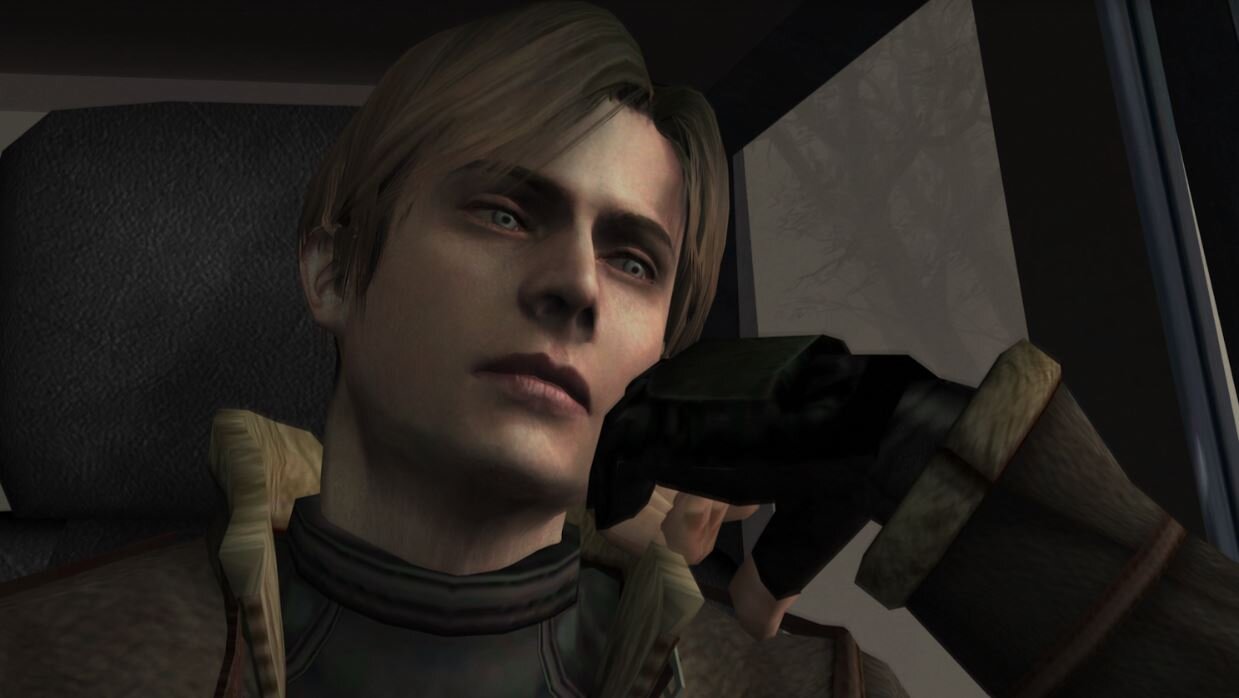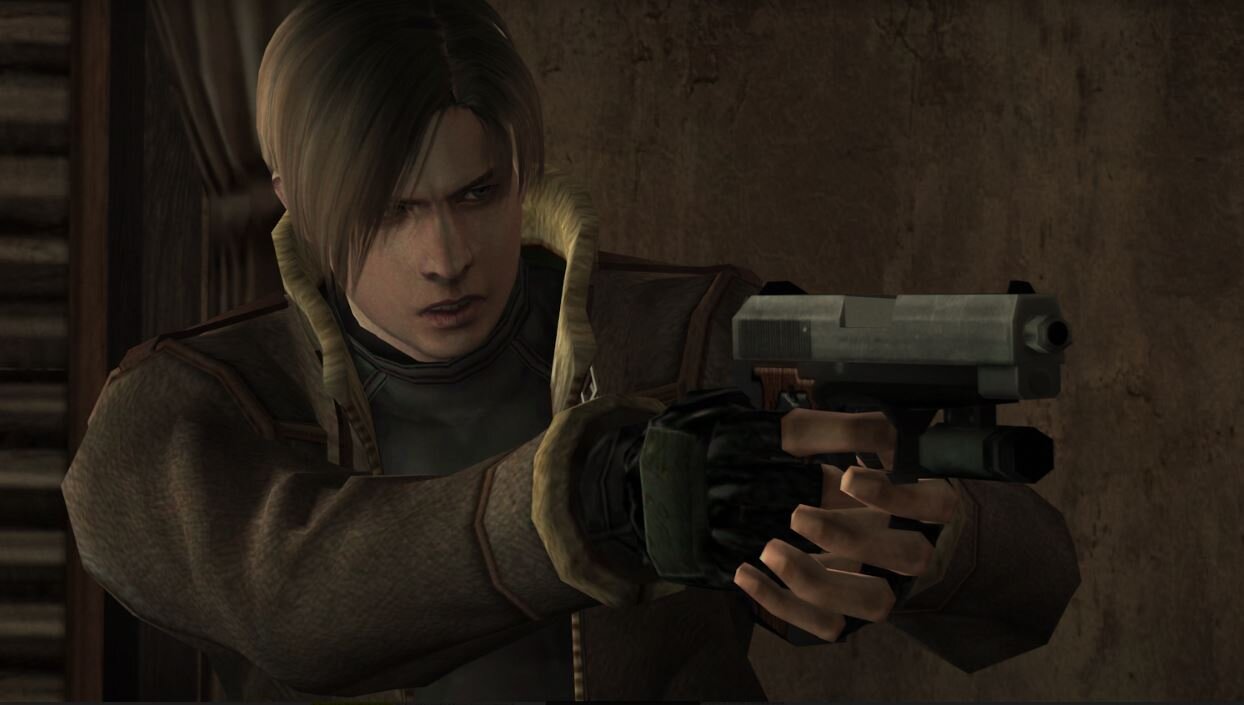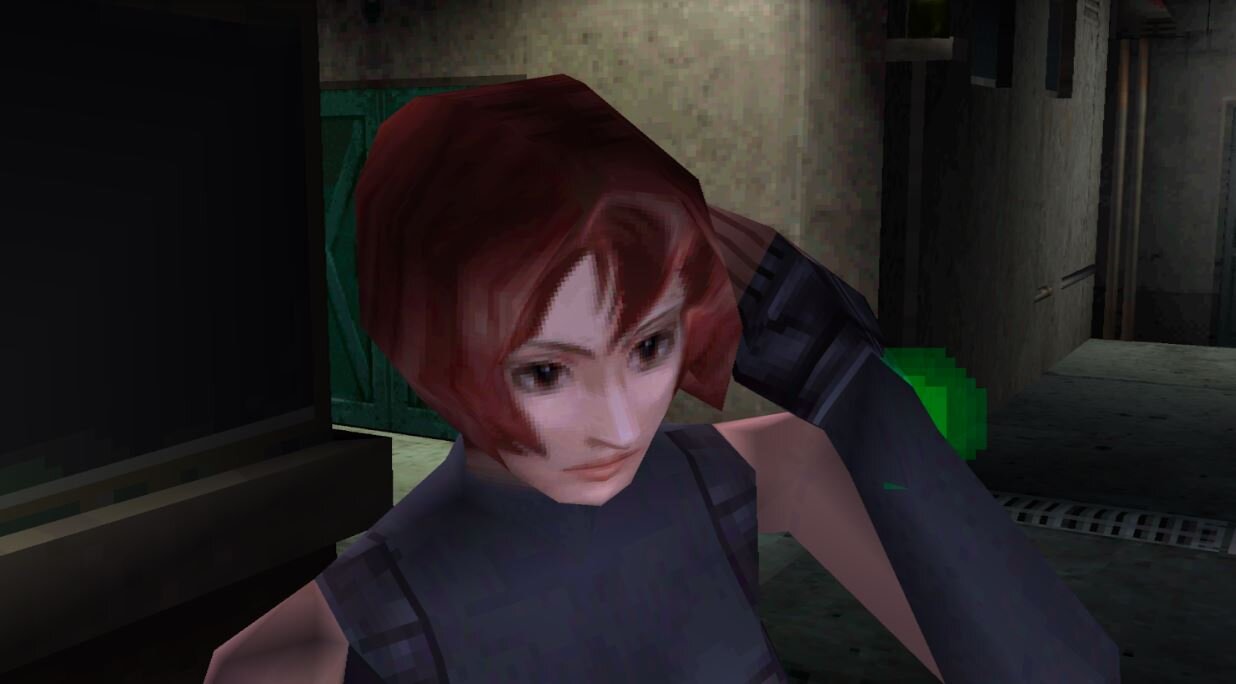Capcom Should Not Remake Resident Evil 4
‘No thanks, bro!’
After the success of the Resident Evil 2 and Resident Evil 3 remakes, it was a given that Capcom would consider another remake, this time of Resident Evil 4. It is, after all, the highest-rated entry in the Resident Evil series according to Metacritic. Additionally, it has remained a commercial success from its initial GameCube release in 2005 and through its many re-releases on more contemporary platforms. However, just because Capcom -could- remake RE4, does that mean that they -should- remake RE4?
“Whatcha thinking about Leon?”
”I dunno, zombie stuff.”
From a business standpoint it’s a no-brainer. The remake would undoubtedly sell well, and the foundations of its design are both solid and contemporary enough that it's hard to imagine development going seriously awry. It’s a low risk, high return, investment. However, the question is not whether RE4 would benefit from a remake but instead to what degree?
On closer inspection, it’s clear to see that RE4 would not benefit as greatly from a modern reimagining as its predecessors did. The most immediate appreciable difference that the remakes of RE2 and RE3 offered versus their original PlayStation releases, over twenty years ago, is the quality of their visuals. The original games used a combination of low resolution pre-rendered backgrounds and 3D low polygon models to construct their environments and characters. While this worked well enough at the time and was a necessity of the limitations of PlayStation hardware, their visual impact has understandably lessened over time compared to modern horror games. The remakes have substantially alleviated the technical limitations imposed on the original titles, allowing for both environments and character models to be realised in a more compelling fashion which benefits many facets of the game.
Narrative moments have benefited most over these 20 years. Developers’ ability to display a greater range of emotions has enabled the franchise to shift from camp to the dramatic. For instance, in the original RE2, Leon’s first encounter with Lieutenant Marvin Branagh is largely conveyed by vocal performances with a very limited amount of character model animation and entirely static faces. Compare this to the RE2 remake, and Marvin’s vocal performance is supported by a desperate and fearful look on his pallid face which further enhances the game’s atmospheric tension in a way the original could only dream of. These visual improvements also enhance the tangibility of the world, such as when player characters respond to a zombie’s corpse limply falling towards them by shoving it away. While the dynamic gore system, in the remake of RE2, allows you to shoot off the arms and legs of zombies which, aside from just being straight-up cool, offers you a new means for dealing with enemies as they flail, limbless, on the floor unable to reach you. None of these features were even mildly possible in the original games and result in a dramatically different experience.
RPD in the remake actually stands for ‘Really Pretty, Daaamn’.
This is not to say that RE4 would not benefit from similar visual upgrades and technical enhancements. However, the degree to which RE4 would benefit comparative to RE2 and RE3 is evidently far less. While RE4’s visual impact is also lesser relative to modern graphics it does not appear nearly as dated. RE4 already features complex 3D environments and so the transformations that the Raccoon City in RE2 and RE3 underwent, would not nearly have the same impact. This extends to character models as well, RE4 already features fully animated faces and bodies of both protagonists and antagonists.
The technical limitations discussed, let’s touch on design. The original releases of RE2 and RE3 featured tank controls and fixed camera angles that allowed its pre-rendered backgrounds to transition seamlessly between one another. In the remakes, both design elements are abandoned in favour of an over-the-shoulder camera and more standard movement. The benefits of these changes are subjective, with many believing that fixed camera angles provide a higher level of tension, but these changes nonetheless offered a profoundly new experience. Designers were no longer capable of using tried and tested means of ambushing or frightening the player through techniques like hiding enemies behind the next camera cut. However, these new approaches to design offered new means of instilling dread, such as placing a zombie around the corner and having their shadow cast against the wall or having the appearance of the licker be entirely in-game and interactive rather than relegated to the safety of a cutscene. Players must now contend with a more limited field of view and, thus, be more aware of their surroundings less they are bitten in the back.
RE4 was the first game to make the OTS camera look and feel good and that level of quality hasn’t diminished much at all over the past 15 years.
It’s hard to imagine how any level of profound change could happen in a remake of RE4. While it does feature tank controls that could be replaced with a more standard style of movement, it was the very game that cemented the placement of third-person action games’ camera to be over-the-shoulder. In fact, aside from the tank controls, there’s very little about RE4’s gameplay that feels dated at all. Therein lies the problem with the idea of an RE4 remake: it doesn’t feel as though it -needs- one. RE4 is already available on modern platforms in the form of a remaster featuring higher resolution and frame rates and so does not suffer the same problems of accessibility that RE2 and RE3 did prior to their remakes. While the remakes are not perfect they changed things in RE2 and RE3 that could very much so be considered fixes whereas the same cannot be said for RE4.
There is, however, another issue.
RE4 is unabashedly, marvelously, but charmingly, campy. While this tone could largely be seen as a continuation and distilment of the campier elements of its predecessors, the remakes of RE2 and RE3 have largely done away with that and have opted for a more straight-faced approach. This wasn’t done perfectly either, with many dialogue interactions, in RE2 especially, feeling unintentionally hammy amidst a more realistic world. However, the uncanniness of RE4, of its protagonist, its world, and its enemies, could easily become lost in translation. This is not to say it would not be an impossible task but a herculean one, one that would require the strength of RE5’s Chris Redfield’s boulder-busting biceps.
Regardless, unneeded as it might be there is little doubt that an RE4 remake wouldn’t at least be good but Capcom shouldn’t waste their time fixing what isn’t necessarily broken. So, where could their time and effort be better spent?
Well, there is Resident Evil: Code Veronica. Code Veronica was originally developed as the third game in the series before being reworked as a spinoff. It was released on the Sega Dreamcast in 2000 and was later ported to the PlayStation 2, in 2001. Like RE4, Code Veronica received critical acclaim on release and has been lauded by fans as one of the best entries in the franchise. It even outsold RE4 in July of 2006. So, like RE4, the case is easy to make from a business standpoint. More importantly, however, Code Veronica is more dated from both a technical and design perspective, with its use of fixed camera angles and tank controls and primitive 3D graphics, and would benefit much to the same degree that RE2 and RE3 did from their remakes.
Justice for Regina!
Personally, I’d love to see a reimagining of Dino Crisis. I know I’m not alone either.
Your move, Capcom.










